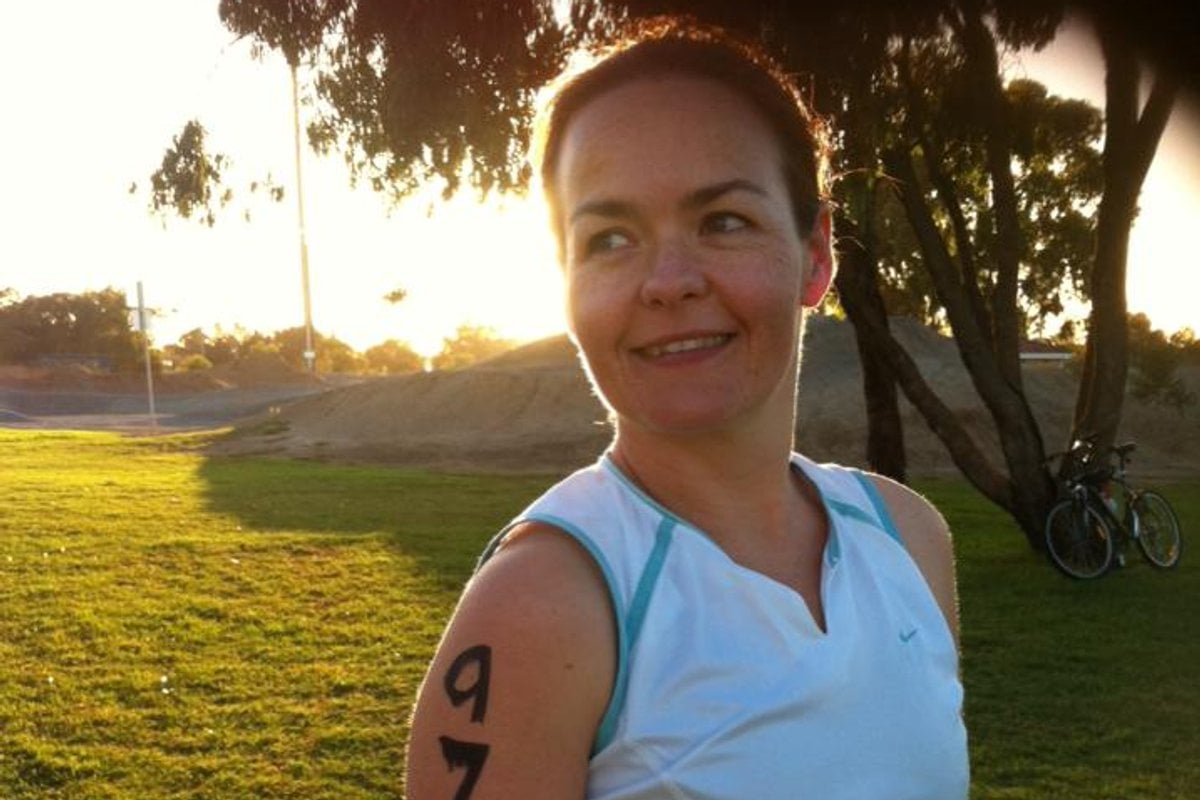
As the Chief Executive of a youth charity working in the mental health and wellbeing sector, people ask me all the time: are kids really doing it tougher these days?
The answer is a resounding and evidence-based ‘yes’.
And our young women are struggling more than most.
The Australian Bureau of Statistics released the latest update to the National Survey of Mental Health and Wellbeing in July. It’s a country-wide snapshot of the prevalence and impact of mental health conditions in our community and in this round, more than 5,500 Australians participated in the survey between December 2020 and July 2021.
Watch: Supporting A Loved One With Anxiety. Post continues below.
The survey found that almost half of young women aged between 16 and 24 were living with a mental illness in the year leading up to the survey, compared to roughly a third of young men and a fifth of all Australians. Young women ranked higher for disorders such as anxiety, depression, self-harm and disordered eating. The last time the survey was conducted in 2008, a quarter of young people – 1 in 4 - were living with a mental illness.
As if that wasn’t bad enough, now almost 1 in 2 young women and 1 in 3 young men are living with a mental illness. So yes, they are doing it tougher these days.
